Getting to Know Your Bible, Part 6
| By Sean Cavender |
We have studied and shown that the old law has been done away with, nailed to the cross (Colossians 2:14), and now we are under the law of Christ (Galatians 6:2). Being under a new covenant through the blood of Christ, we can have the forgiveness of sins when we repent and are baptized in the name of Jesus Christ (Acts 2:38). We are then added to the Lord’s church (Matthew 16:18; Acts 2:47).
Once the Lord promised to build His church, He gave His disciples authority to preach the gospel. He promised to give them the keys to the kingdom of heaven and authority in the church (Matthew 16:19; 18:18). Peter and the apostles were instructed by the Lord to preach “repentance for forgiveness of sins…beginning from Jerusalem” (Luke 24:47).
This was fulfilled on the day of Pentecost after Christ had ascended to heaven (Acts 2:16-38). The apostles, particularly Peter and John, were called to Samaria to help establish new converts and give the Holy Spirit to those new Christians (Acts 8:14-16). The apostles had the authority to proclaim God’s word and perform mighty miracles.
The apostles were also men who were inspired by the Holy Spirit to reveal God’s word. The Holy Spirit moved men to write and speak the words God intended for men to know (2 Peter 1:21). The Spirit of God made known the will of God so all men may understand the will of God. The apostles wrote down these inspired words, which have been written down, recorded, and preserved for us in the Scriptures.
The apostles and other inspired men wrote instructions to the New Testament churches, giving them an understanding of God’s word. Paul said, “that by revelation there was made known to me the mystery, as I wrote before in brief. By referring to this, when you read you can understand my insight into the mystery of Christ,” (Ephesians
3:4). Reading the word of God gives us insight into the mystery that has now been revealed in the writings and teachings of the apostles.
This is why we must turn to the New Testament for any practice in which we want to take part. If it is a matter of doctrine and teaching, worship, the nature of the church, or its work—the New Testament Scriptures must be our final authority. The apostle Peter said, “Whoever speaks, is to do so as one who is speaking the utterances of God…” (1 Peter 4:11). The word of God is His revealed will, and we should seek to follow the divine pattern for all things.


